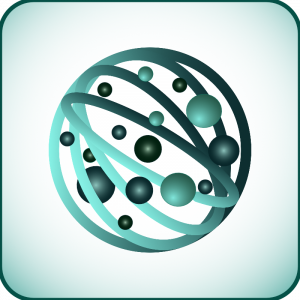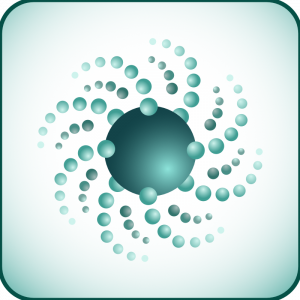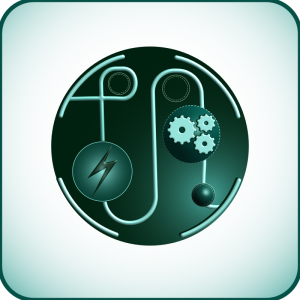
Institute for Integrative Biology of the Cell
Research topics
In addition to an organization by disciplinary departments, the research carried out by the unit can be structured across departments in 4 transversal thematic axes:
Architecture and Dynamics of Cellular Structures and Associated Pathologies;
Processing of genetic information and its dysfunctions;
Host-microbe interactions: infectious diseases and symbiosis;
Bio-inspired engineering for energy, health and the environment.
Collaborations between teams from different departments and platforms of the unit are supported by a voluntary policy of seed funding for transversal programs developed in each of these areas. Calls for transversal programs are made at the unit level and examined internally at the level of the I2BC Scientific Council with the help of the unit’s Scientific Advisory Board.
The internal financial support is envisaged as a springboard for the construction of national and international collaborations financed by awards from national and international funding agencies.
Departments
The five scientific departments, linked to the technological platforms, are the guarantors of the unit’s disciplinary and methodological mastery. In particular, they make it possible to display the expertise and approaches used within the unit for better visibility and legibility for students, post-docs and potential collaborators.
B3S: the Department of Biochemistry, Biophysics and Structural Biology is interested in protein architectures and studies how their different levels of structure and their interactions regulate their functions.
BioCell: the Department of Cell Biology studies the molecular mechanisms that regulate the physiological functions of living cells and how environmental changes affect these functions.
Genomes: the Genome Department studies the mechanisms responsible for the dynamics and stability of genomes and the regulation of gene expression from the initiation of transcription through translation to co-translational modification of proteins.
MicroBio: the Microbiology Department mainly studies the metabolism of microbes, the formation of microbial envelopes and the interactions between host/environment and microbes.
Virology: The Virology Department studies the mechanisms of virus entry into host cells, innate immunity and the assembly and transport of viruses in cells.
Biochemistry, Biophysics & Structural Biology Department

Director
Director Sylvie Nessler
Sylvie NESSLER
Cell Biology Department

Director
Director Christophe Le Clainche
Christophe LE CLAINCHE
Genome Biology Department

Director
Director Mireille Betermier
Mireille BETERMIER
Microbiology Department

Director
Director Muriel Gondry
Muriel GONDRY
Virology Department

Director
Director Paulo Tavares
Paulo TAVARES
The I2BC platforms are currently grouped into 6 poles (Sequencing, Imaging, Proteomics, Structural Biology, Biophysics and Integrative Bioinformatics). They offer services based on the recognized expertise of the engineers of these platforms and provide access to state-of-the-art instruments). The majority of these platforms are recognized at the national level by the IBISA label and by their integration within 4 national infrastructures in Biology and Health (FRISBI, FranceBioImaging, FranceGénomique and the French Institute of Bioinformatics). This recognition allows them to regularly renew their instrumentation and to conduct joint research and development work with other national centers to ensure that their 500 annual users will acquire the most up-to-date data for their research projects.





